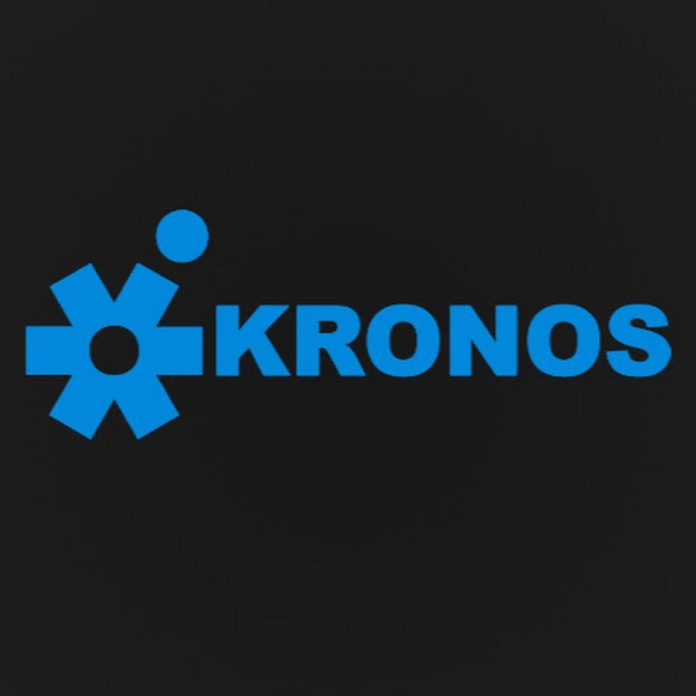Kronos Advanced Technologies is pleased to announce the formation of its new subsidiary, Atomiq, Inc., which is dedicated to advancing nuclear battery technology and sustainable energy solutions. Recently, Kronos filed a provisional patent covering key innovations in atomic battery technology, which it intends to license to Atomiq, Inc., positioning Kronos and Atomiq at the forefront of nuclear battery innovation.
Atomiq, Inc. is strategically focused on building a portfolio of cutting-edge nuclear battery technologies, providing long-lasting, reliable power solutions with minimal maintenance needs. These innovations will target applications across high-demand sectors such as aerospace, defence, and medical technology, where dependable, maintenance-free energy sources are essential. Atomiq’s vision to nuclear battery technology is set to enable continuous, safe power generation that aligns with future energy demands.
A Rapidly Growing Market for Sustainable Power Solutions
The small nuclear battery industry, encompassing devices like radioisotope thermoelectric generators (RTGs) and betavoltaic cells, is experiencing notable growth due to their ability to provide long-lasting, reliable power in remote or demanding environments.
RTGs (Radioisotope Thermoelectric Generators): These batteries, used in space missions and remote applications, can last 10 to 50 years or more. For example, the RTGs powering the Voyager spacecraft have been operational since the 1970s, lasting over 45 years and counting.
Betavoltaic Batteries: These use beta-emitting isotopes, which can generate electricity for around 20 years. They’re often used in medical implants, sensors, and other long-term devices where replacing batteries is challenging.
Market Growth and Projections: The global nuclear battery market is projected to expand significantly in the coming years. According to a report by DataIntelo, the market is expected to grow at a compound annual growth rate (CAGR) of 10.5% from 2022 to 2030, driven by increasing demand for reliable and long-lasting power sources across various sectors.
Similarly, Allied Market Research anticipates the market to grow at a CAGR of 8.8% during the forecast period of 2019 to 2026, estimating the market size to reach $87.2 billion by 2026.
Several factors are propelling the growth of the small nuclear battery industry:
Demand for Long-Lasting Power: Applications in space exploration, medical implants, and remote sensing require power sources that can operate without maintenance for extended periods.
Technological Advancements: Innovations in materials and energy conversion technologies are enhancing the efficiency and safety of nuclear batteries.
Environmental Considerations: Nuclear batteries offer a low-carbon alternative to traditional power sources, aligning with global efforts to reduce greenhouse gas emissions.
Applications
Small nuclear batteries are utilized in various fields:
Space Missions: Providing power to spacecraft and instruments in environments where solar power is insufficient.
Medical Devices: Powering pacemakers and other implantable medical devices, reducing the need for frequent replacements.
Remote Monitoring: Supplying energy to sensors and equipment in isolated or harsh locations.
A recent report by the World Nuclear Association highlights nuclear batteries as a transformative solution for applications where traditional energy storage solutions fall short. Nuclear batteries, like those Atomiq aims to develop, are uniquely suited for high-stress environments, from deep-space exploration to remote, off-grid locations on Earth. These batteries offer the advantage of an extended lifespan and are projected to become a key component in achieving carbon neutrality across various sectors.
Greg Rubin, CEO of Atomiq, Inc., commented on the company’s vision:
“We are excited to launch Atomiq, Inc. and establish a foundation for developing ground-breaking energy solutions,” said Rubin. “By licensing Kronos’s initial technology and filing patents that build on this core technology, we are positioning Atomiq as a leader in the sustainable energy space and a catalyst for innovation in atomic batteries. This strategic move aligns with our commitment to provide reliable, sustainable energy for critical, high-demand applications.”




